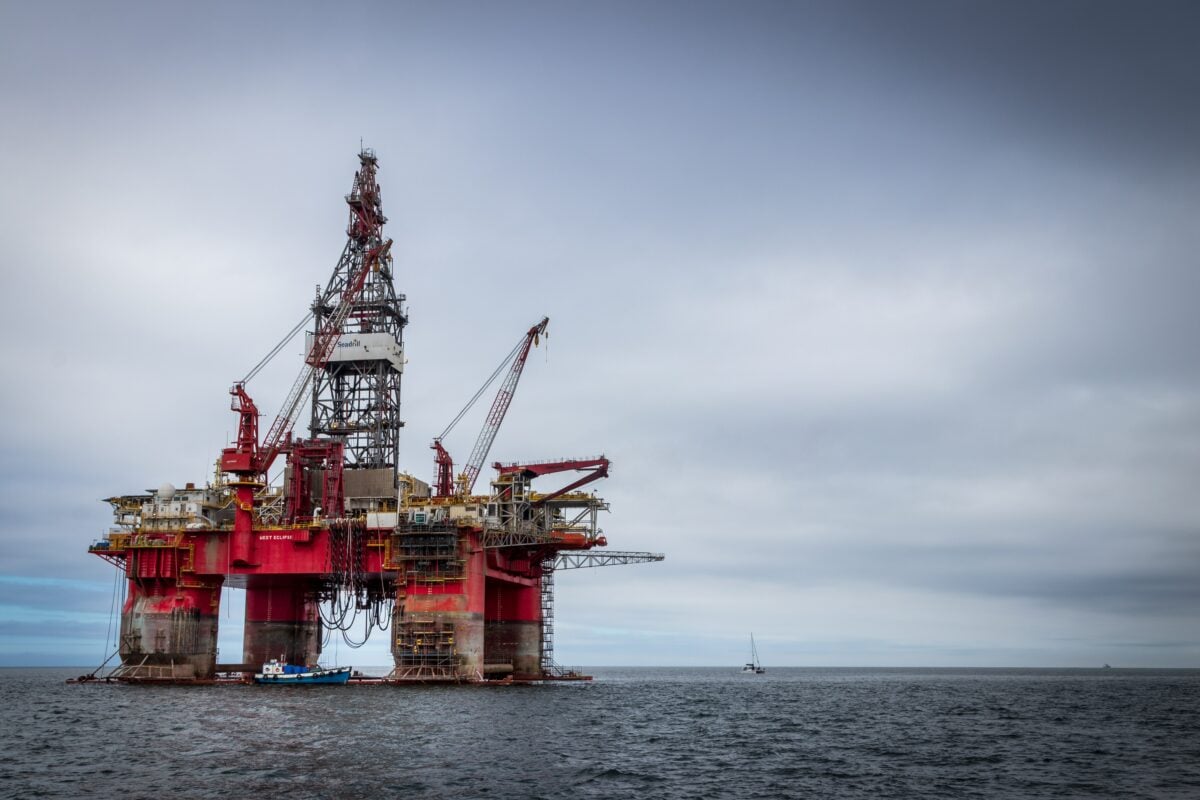In a recent development that has sent shockwaves through the energy sector, Germany’s Uniper has been slapped with a hefty $600 million fine by an arbitration court over LNG contract pricing. The ruling, stemming from a long-term LNG supply agreement dating back to before Uniper’s 2016 spin-off from E.ON, highlights the complexities and challenges surrounding LNG pricing in the industry.
The Uniper Dilemma: Understanding the $600 Million Fine
Uniper revealed that the arbitration proceedings, conducted under the International Chamber of Commerce rules, were initiated in early 2021. The focus of the dispute revolves around the pricing provisions of a long-term LNG supply agreement with an undisclosed counterparty. Uniper stated that the payment is linked to the “retroactive re-pricing of the long-term agreement,” without providing explicit details. Such arbitration cases over gas supply contracts are not uncommon in the energy sector.
The German state-owned utility, bailed out by Germany during Europe’s energy crisis last year, emphasized that the financial ramifications of this fine would impact its annual results. Uniper is currently in the process of analyzing the court’s decision and considering potential legal steps. The lack of a specific fiscal outlook raises questions about the long-term implications for Uniper and underscores the volatility in the LNG market.
LNG Pricing Dynamics: Navigating the Turbulent Waters
Amidst these legal challenges, Uniper confirmed its expectations for adjusted earnings and net profit in 2023, citing lower-than-expected gas spot prices. This raises broader questions about the intricate dynamics of LNG pricing and the factors influencing market projections. As LNG continues to play a pivotal role in global energy, understanding the pricing mechanisms becomes crucial for industry players.
Companies such as PetroChina and CNOOC Gas and Power have inked extensive agreements with Shell to procure “carbon neutral” liquefied natural gas (LNG), leveraging “forest offsets” to counterbalance carbon emissions. Greenpeace, a longstanding critic of fossil fuel producers counting on carbon offsets for their emission reduction targets, contends that the “carbon neutral” label is creating a misleading perception among the public.
Li Jiatong, the project leader with Greenpeace in Beijing, remarked, “For oil and gas companies, carbon offsets are a smokescreen to obscure their continued, redoubled carbon emissions.” The statement underscores Greenpeace’s skepticism regarding the authenticity of the industry’s commitment to environmental sustainability.
Notably, PetroChina refrained from commenting on the allegations, while CNOOC Oil and Gas’s parent company asserted its non-involvement in LNG purchases. Shell, entangled in the controversy, chose to remain silent on Greenpeace’s report. The surge in the sales of “carbon neutral” LNG can be attributed to the escalating demand for gas, especially in Asia, where around 85% of carbon neutral shipments have found buyers, according to Greenpeace. This revelation underscores the pressing need for scrutiny and transparency in the industry, particularly as the International Energy Agency predicts that China’s gas consumption is set to surge to 250 billion cubic meters by 2026, accounting for nearly half of the global demand increase during that period, up from 216 bcm the previous year.
Greenpeace raised concerns about the lack of consistent measurement for many of the offsets, suggesting that some were even subject to double counting. The environmental group also highlighted the vulnerability of forests linked to offset schemes, noting that they could be at risk of fires, potentially transforming them from carbon sinks into sources.

Greenwashing Concerns: The Dark Side of “Carbon Neutral” LNG
Beyond legal battles, the LNG industry faces scrutiny for greenwashing practices. Environmental group Greenpeace has called out major players, including PetroChina and CNOOC Gas and Power, for using low-quality carbon offsets to “greenwash” their LNG imports. These companies have entered into long-term contracts with Shell for “carbon neutral” LNG, relying on “forest offsets” to balance carbon emissions.
Greenpeace’s project leader in Beijing, Li Jiatong, emphasizes that for oil and gas companies, carbon offsets serve as a smokescreen to obscure their ongoing carbon emissions. The report suggests that the “carbon neutral” branding is misleading the public, as many offsets lack consistent measurement and are prone to double counting. Additionally, some forests tied to offset schemes are at risk of fires, potentially turning them into carbon sources rather than sinks.
LNG Beyond Borders: Navigating Shipping and Tank Challenges
While the pricing battles and greenwashing controversies unfold, the LNG industry faces additional hurdles in shipping and tank logistics. The intricacies of LNG shipping and storage, represented by keywords like LNG shipping and LNG tank, present challenges that demand innovative solutions. Industry leaders must address these logistical challenges to ensure the smooth and efficient transportation of LNG, adding another layer of complexity to an already intricate landscape.
As Uniper grapples with a substantial fine and the broader LNG industry confronts pricing complexities, the need for transparency and sustainability becomes more apparent than ever. The journey towards a more accountable and environmentally conscious LNG sector requires addressing legal disputes, scrutinizing greenwashing practices, and finding innovative solutions for shipping and storage challenges. The $600 million fine serves as a wake-up call for industry players to navigate the turbulent waters of LNG pricing with caution and foresight, ensuring a sustainable future for this vital energy source.
- SEO Powered Content & PR Distribution. Get Amplified Today.
- PlatoData.Network Vertical Generative Ai. Empower Yourself. Access Here.
- PlatoAiStream. Web3 Intelligence. Knowledge Amplified. Access Here.
- PlatoESG. Carbon, CleanTech, Energy, Environment, Solar, Waste Management. Access Here.
- PlatoHealth. Biotech and Clinical Trials Intelligence. Access Here.
- Source: https://www.financebrokerage.com/unipers-600-million-fine-reveals-industry-challenges/



